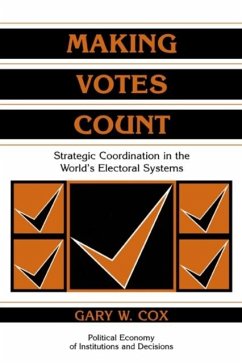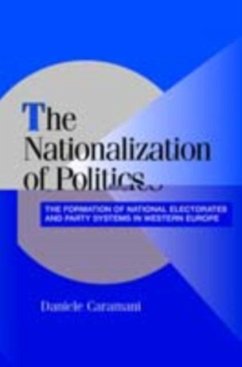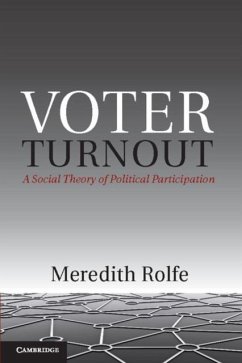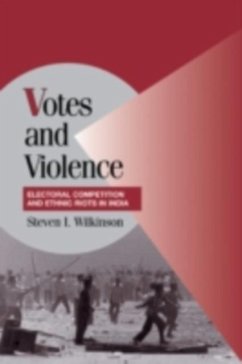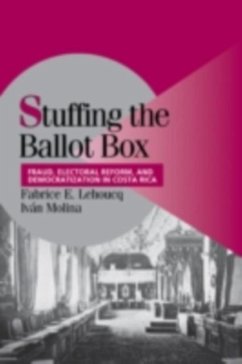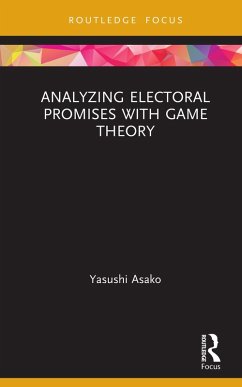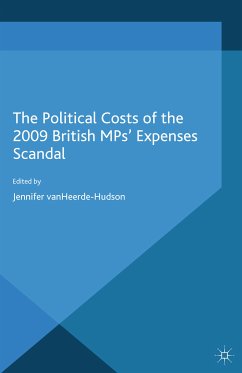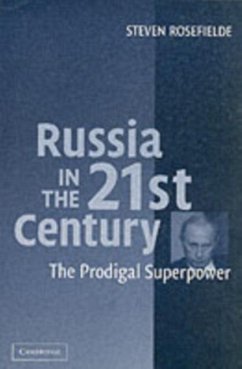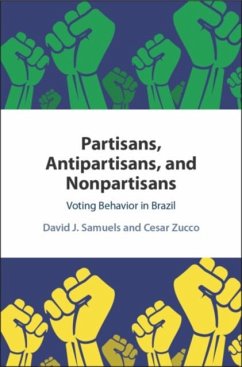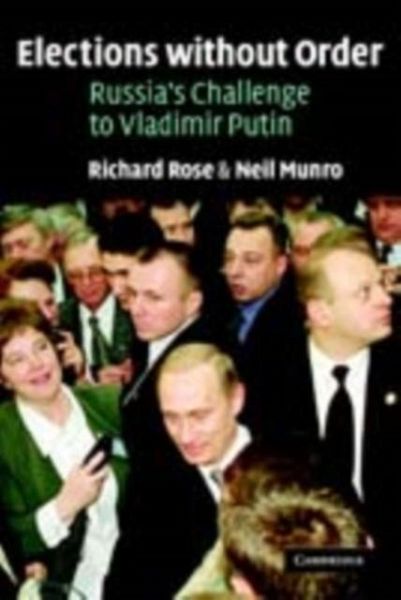
Elections without Order (eBook, PDF)
Russia's Challenge to Vladimir Putin
Versandkostenfrei!
Sofort per Download lieferbar
24,95 €
inkl. MwSt.
Weitere Ausgaben:

PAYBACK Punkte
12 °P sammeln!
Russians want both free elections and order, but order - a sense of predictability in everyday life and the rule of law - has been in short supply. This is the challenge that Russia presents to Vladimir Putin. This 2002 book is about Russia's attempt to achieve democratization backwards, holding elections without having created a modern state. It examines the multiplication of parties that do not hold the Kremlin accountable; the success of Vladimir Putin in offering a 'third way' alternative to the Communist Party and the Yeltsin family; the president's big but vague election mandate; the pop...
Russians want both free elections and order, but order - a sense of predictability in everyday life and the rule of law - has been in short supply. This is the challenge that Russia presents to Vladimir Putin. This 2002 book is about Russia's attempt to achieve democratization backwards, holding elections without having created a modern state. It examines the multiplication of parties that do not hold the Kremlin accountable; the success of Vladimir Putin in offering a 'third way' alternative to the Communist Party and the Yeltsin family; the president's big but vague election mandate; the popular appeal and limits of Putin's coalition; and what the Russian people make of the combination of free elections and disorderly government. Russia is evaluated from the point of view of ordinary Russians, using clear figures and tables drawn from the rich resources of a decade of New Russia Barometer surveys of public opinion.
Dieser Download kann aus rechtlichen Gründen nur mit Rechnungsadresse in A, B, BG, CY, CZ, D, DK, EW, E, FIN, F, GR, HR, H, IRL, I, LT, L, LR, M, NL, PL, P, R, S, SLO, SK ausgeliefert werden.




